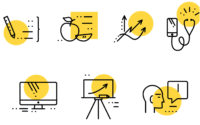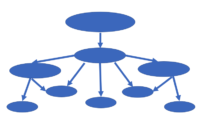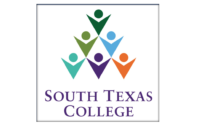
Teacher Education at a Distance: What are the Student Teachers Saying?
The National Open University of Nigeria (NOUN) is one of the increasing Open and Distance learning Institution that has reposition itself for innovative teacher training programme at a distance. This ODL paradigm has widen student’s access and opened up n ew possibilities of learning. But if the emergence of student’s voice has presented itself as […]
















